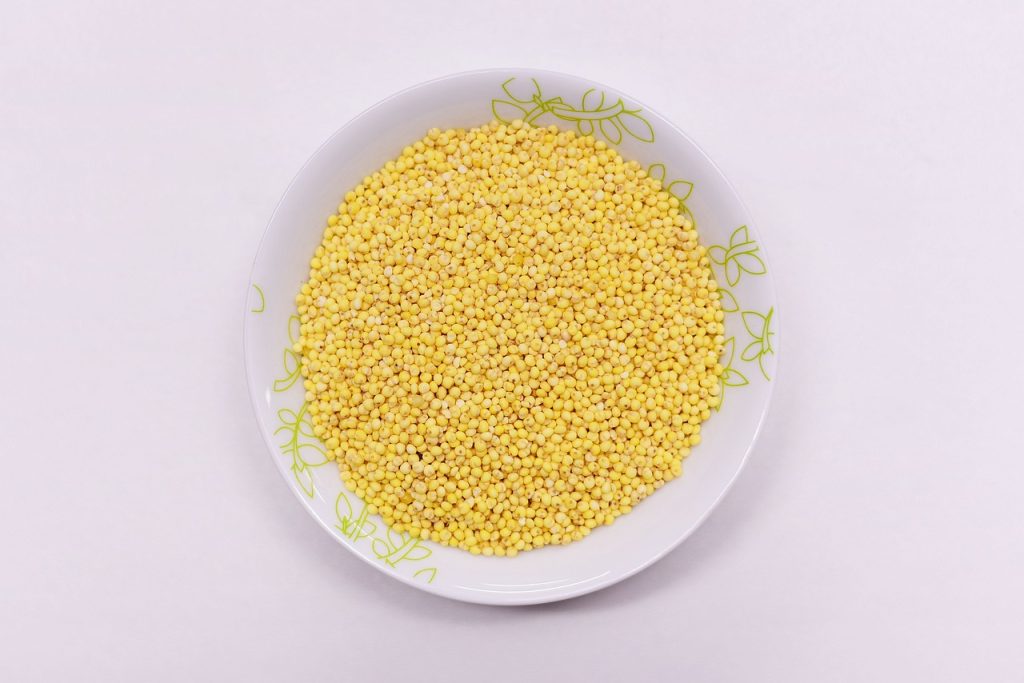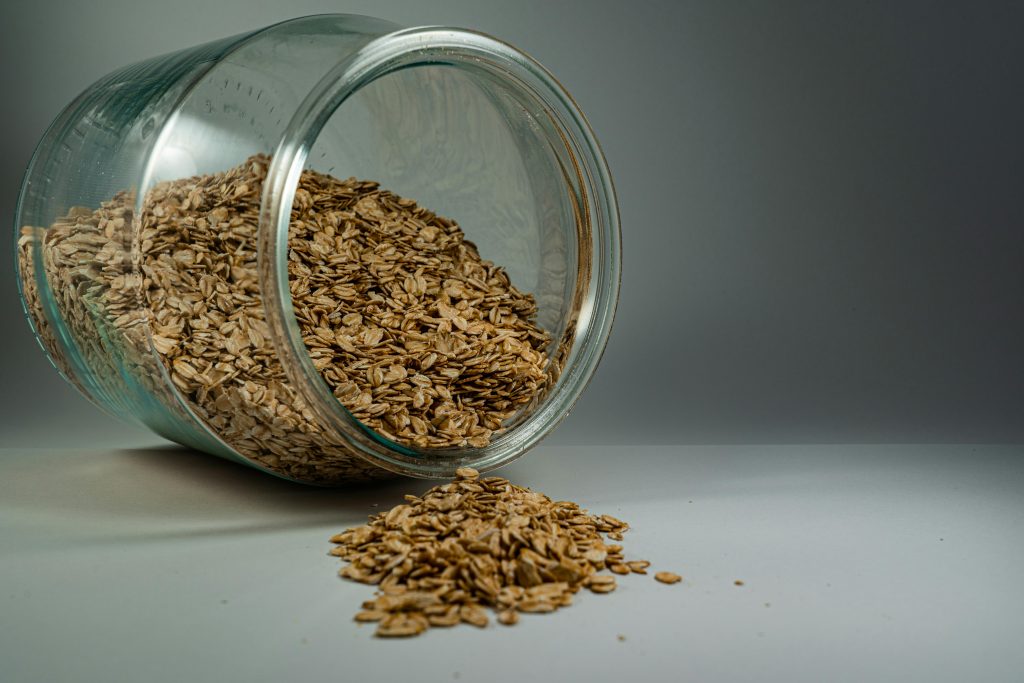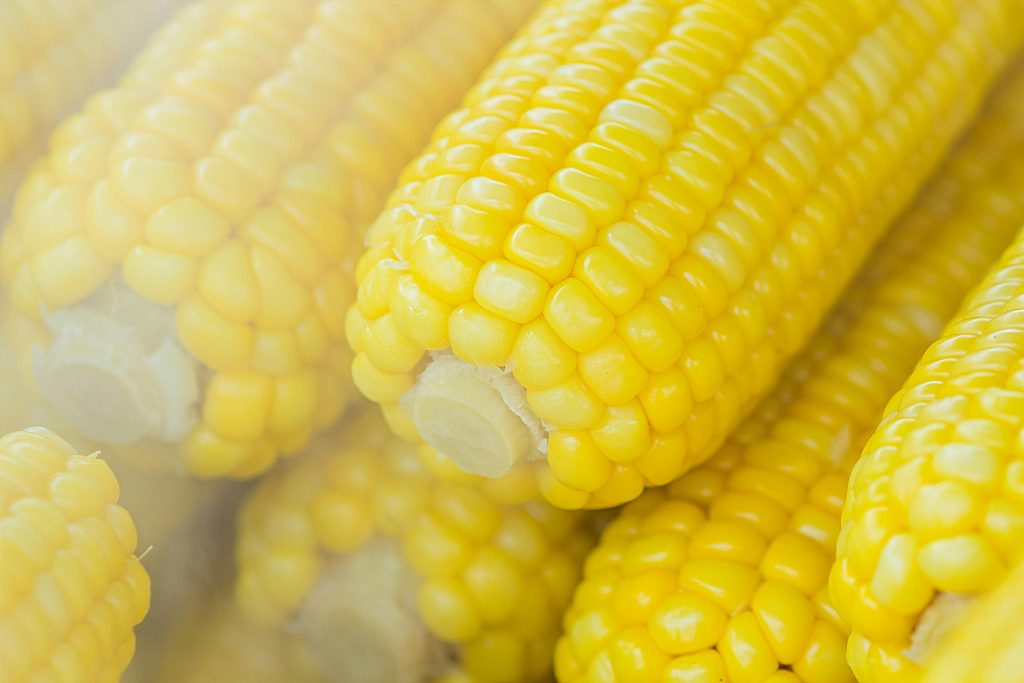Living with diabetes requires careful attention to diet, including the types of carbohydrates consumed. Cereals, being a staple food in many cultures, play a significant role in managing blood sugar levels. However, not all cereals are created equal, and some are more suitable for individuals with diabetes than others.

Dietary control principles
- Control total daily calorie intake. Since consumed calories ultimately convert to blood sugar, the more one eats, the higher the blood sugar levels and the greater the fluctuations.
- Ensure adequate nutrition. Besides meeting basic calorie requirements, the body needs a variety of nutrients to maintain health. Therefore, it’s preferable to consume a diverse range of foods.
Guided by these two principles, grains that are low in calories, slow to raise blood sugar, and rich in dietary fiber become excellent substitutes for some staple foods.
Millet

Millet is a gluten-free ancient grain that has been a staple in many cultures for centuries. . It offers several benefits for individuals with diabetes:
- Low Glycemic Index (GI): Millet has a low GI, which means it doesn’t cause rapid spikes in blood sugar levels. This can help in maintaining stable glucose levels throughout the day.
- Rich in Fiber: Millet is a good source of dietary fiber, which aids in digestion and slows down the absorption of sugar into the bloodstream. This can contribute to better blood sugar control.
- Nutrient Dense: Millet is packed with essential nutrients such as magnesium, which plays a crucial role in glucose metabolism and insulin action.
However, millet lacks some essential amino acids, so it can be complemented by consuming it with legumes, rice, noodles, and other foods.
Oats

Oats are considered the top grain among all cereals, equivalent to 4-5 times the nutritional value of rice and white flour.
- High in Soluble Fiber: Oats contain rich soluble fiber, particularly beta-glucan, which aids in lowering cholesterol levels and regulating blood sugar levels.
- Slow Digestion: Due to their high fiber content, oats are digested slowly, leading to a gradual release of glucose into the bloodstream, thereby preventing spikes in blood sugar.
- Nutrient-Rich: Oats are rich in protein, amino acids, vitamins, and minerals, enhancing their nutritional profile.
Corn

Corn, often underrated in terms of its nutritional value.
- Abundant in Dietary Fiber: Corn is rich in dietary fiber, which promotes digestive health and helps regulate blood sugar levels.
- Various Minerals: Corn is a good source of various minerals essential for overall health, such as magnesium, phosphorus, and potassium.
- Promotes Satiety: Consuming corn can promote chewing exercise and result in a high level of satiety after eating, making it a satisfying option.
It’s worth noting that the nutritional value of specialty corn is higher than that of regular corn. Fresh corn contains significantly more water, active compounds, vitamins, and other nutrients compared to mature corn.
Job’s tears

Job’s tears, also known as coix seeds, is a lesser-known cereal that offers unique benefits for individuals with diabetes.
- Low Glycemic Load: Job’s tears have a low glycemic load, meaning they have a minimal impact on blood sugar levels when consumed in moderation.
- Rich in nutrients, containing proteins, fats, various vitamins, and trace elements such as B1, B2, calcium, phosphorus, and iron. Moreover, they contain unique Job’s tears esters, when ground into flour, it becomes a valuable health food with high nutritional value.
Final thoughts
In conclusion, managing diabetes through nutrition involves mindful choices that prioritize low glycemic index foods, adequate fiber intake, and essential nutrients. The four cereals discussed – millet, oats, corn, and Job’s tears – offer a diverse range of options for individuals with diabetes to incorporate into their diets. These cereals not only provide sustained energy without causing rapid spikes in blood sugar but also contribute to overall health and well-being due to their rich nutrient profiles. Remember, it’s essential to consult with a healthcare professional or registered dietitian for personalized dietary recommendations tailored to individual needs and preferences.

